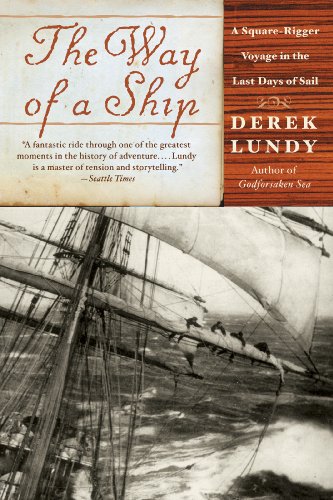
[This novel was published in 2014, so its title should not be understood to have anything to do with the current pandemic.]
A trend I have deplored more than once is the emulation of “action movies” in thriller novels. Action movies (and more so now that we have CGI) have traditionally incorporated greater implausibilities than action books. Because movie action happens so fast – not giving us time to think about things – and we actually see the implausible happening before us. Reading is a slower, more thoughtful process, so writers have always, in the past, had to work a little harder to maintain the reader’s confidence.
Not anymore, though. Nowadays, more and more frequently, action novels are just as implausible as movies. Such is the case, in my opinion, with Sean Black’s Lockdown, first in a series.
Ryan Lock is a private security expert working for a major pharmaceutical company. Animal rights activists have been protesting their practice of animal testing, which culminated in a few of them digging up the company president’s recently deceased wife and dumping her body on a street. Then the company met with the protest leaders. Surprisingly, they announced that they would be ending animal testing immediately.
Then someone is murdered, and everything turns into chaos. There’s a kidnapping, and Ryan Lock is on the case; he stays on the case even after getting fired from his job. Soon it will be impossible to tell friends from enemies, and a terrorist wild card will be added to the deck.
It seemed to me Lockdown followed the action film template too closely. Switch was followed by switchback so regularly that it got to be pretty predictable. And not very believable.
But the thing that really annoyed me about Lockdown was the villain – an over the top, Ming the Merciless type motivated by nothing more than pure grandiosity. I didn’t believe in him, either.
Also, the formatting was awful. Paragraphs and line endings bore no relation to my page layout. Which is annoying.
However, if you’re looking for popcorn reading that doesn’t get too political, Lockdown will keep you interested.






